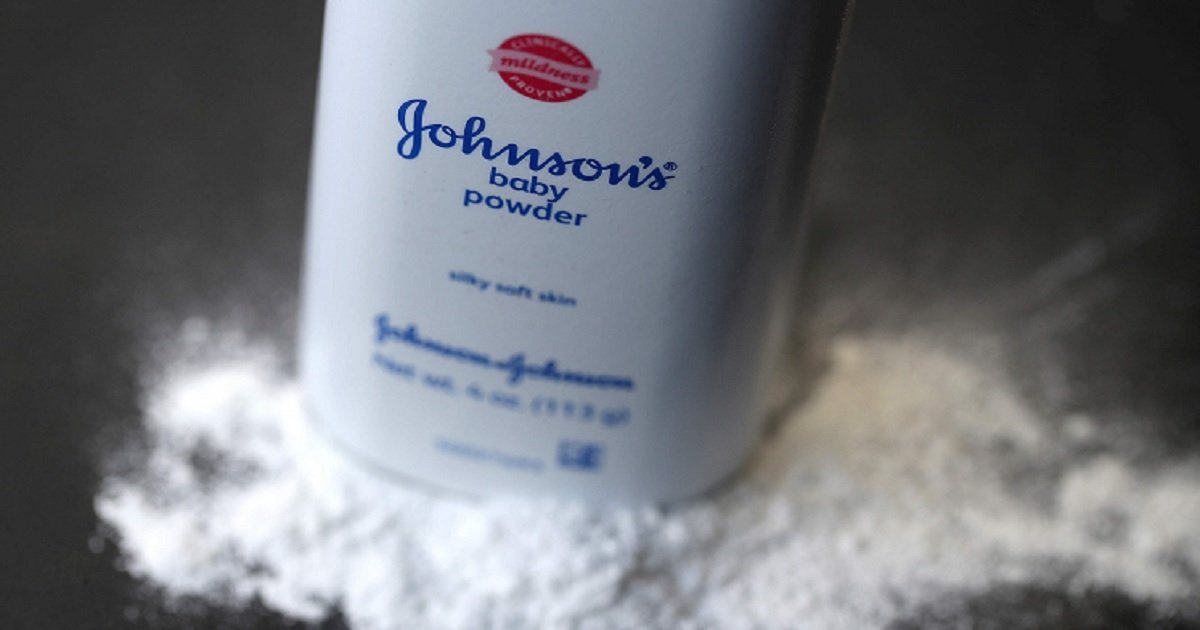An in-depth investigation by Reuters has unearthed evidence that Johnson & Johnson knew that its baby powder had tested positive for asbestos a few times yet hid that fact for decades.
The report looked at internal reports spanning from 1971 to the early 2000’s and discovered that despite Johnson & Johnson being made aware that asbestos was sometimes found in the talc in their products, the company kept quiet about it.
But the company vehemently denied the allegations and described the report as “an absurd conspiracy theory.”
In 1971, the company announced that no asbestos was ever found in their products. But a Mount Sinai researcher wrote a letter to the company shortly after saying that a “relatively small” amount of asbestos had actually been detected in the company’s baby powder.
In 1973, the FDA hinted that they might introduce a rule requiring all cosmetics to have no more than .01 percent asbestos. In response, an internal note written by a scientist said, “we may have problems.”
The FDA didn’t push through with the ruling and while there were asbestos limits placed on talc in drugs, the same doesn’t apply for cosmetic talc.
When the FDA again thought of putting limits on the amount of asbestos for cosmetic talc products, J&J assured the agency that asbestos was not “detected in any” of the talc samples tested between December 1972 and October 1973 even as it appeared three of those tests found otherwise.
In 1976, a talc overseer from the company wrote an internal memo stating that should stricter talc testing methods become mandatory, J&J would be “hard pressed in supporting purity claims.”
The Reuters report did indicate, however, that most of the time no asbestos was found in J&J products.
In response, Johnson & Johnson released a statement to People magazine stating that the Reuters story was “one-sided, false, and inflammatory,” while asserting that its baby powder “is safe and asbestos-free.”
The statement continued: “Studies of more than 100,000 men and women show that talc does not cause cancer or asbestos-related disease. Thousands of independent tests by regulators and the world’s leading labs prove our baby powder has never contained asbestos.”
The statement added that the Reuters article ignored “thousands of tests” that “have repeatedly shown that our talc does not contain asbestos,” also adding that the report ignored the “advanced testing methods” the company employs to test for asbestos.
But the company’s stock still fell 10 percent despite the denial, “marking its largest one-day percentage decline in 16 years,” reported Market Watch.
Even so, Johnson & Johnson has faced increasing legal challenges in recent years.
A California woman who sued the company claiming its baby powder gave her ovarian cancer was awarded $417 million in 2017. In July 2018, a St. Louis jury awarded almost $4.7 billion to 22 women who sued the company because its talc powder led to their ovarian cancer.
This is in addition to over 9,000 women who have also filed lawsuits also alleging that the company’s talc powder resulted in their cancer even as the company denied all this, reported CBS News.
Recommended Video!
“A 2-Year-Old Has Been Diagnosed With The Third Stage Ovarian Cancer And Needs All Of Our Prayers”




